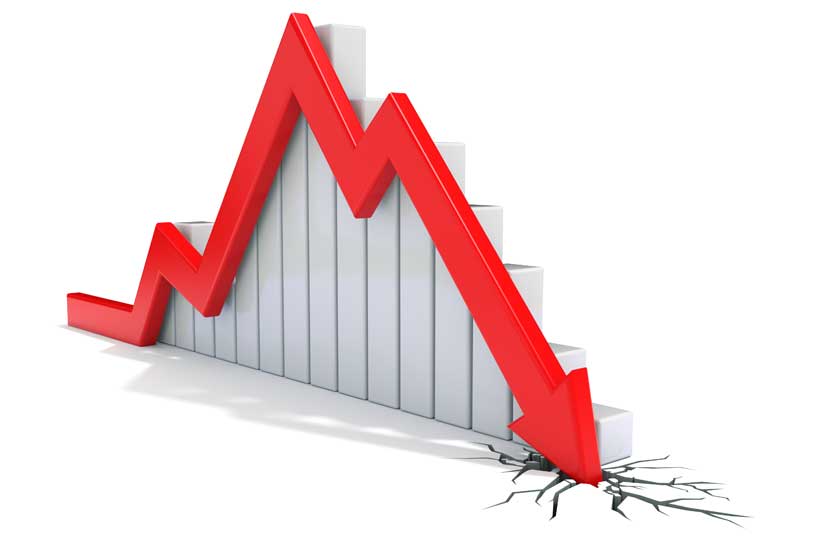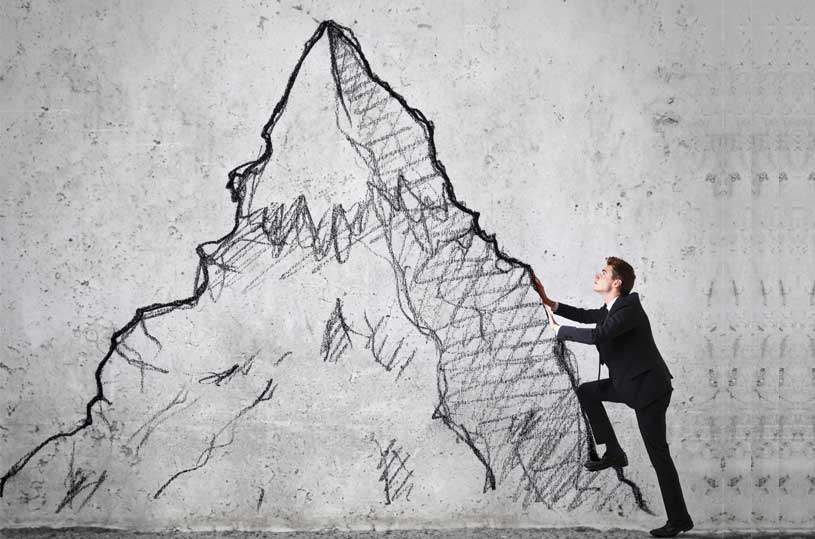Adam HaRishon was the first human being created by G-d. Parashas Bereishis details his creation and G-d’s commands to him in Gan Eden; his search for a partner and the creation of Chavah from his body; his sin of eating from the Tree of Knowledge of Good and Evil, and his punishment; and the birth of his three sons, Kayin, Hevel, and Sheis. Adam lived 930 years.
Adam HaRishon represents the totality of the human race. Since every human being is his descendant, any lesson learned about him applies to mankind as a whole.
A fascinating dichotomy arises repeatedly in the account of Adam’s creation, the first time being the opening verse that discusses HaShem’s plans to create Adam: “And G-d said: Let Us make man in Our image and likeness, and he will rule (vayirdu) over the fish of the sea, the birds of the heavens, the animals, the entire land, and all the creeping things that creep on the land.” Rashi, quoting the Midrash, notes that the root letters of the word vayirdu (yud, reish, and dalet) can also express yerida, a descent or fall. The Midrash explains the contradictory double meaning of this word: “If man is worthy, he rules over the animals, but if he is unworthy, he descends below them, and the animals rule over him.”
A similar idea is expressed in the Midrash at the beginning of parashas Tazria. The previous section in the Torah (in parashas Shemini) deals with laws involving animals, and Tazria then focuses on laws involving human beings. The Midrash points out that the Torah’s order here mirrors that found in Creation: Just as HaShem created animals before man, the Torah discusses laws relating to animals before laws relating to man. The Midrash then explains why HaShem created the animals first: to teach us that “if man is worthy, we say to him, ‘You precede all of creation [in importance],’ but if he is not [worthy], we say to him, ‘The gnat came before you.’”
This theme that man can elevate himself to great heights or sink to the lowest depths is so central to mankind that it features in man’s very name, Adam. The name of every creature reflects its essence; therefore, names have great significance. The Shelah HaKadosh writes that the name Adam has a dual meaning. It can relate to the word adamah (earth), indicating that Adam originated from the dust of the earth. However, it can also relate to the words adameh la’Elyon, “I will make myself similar to the Almighty.” The Shelah explains that if man connects to his Creator and tries to emulate Him, then he merits being called Adam in the sense that he makes himself similar to the Almighty. However, if he separates from HaShem, his name reflects his lowly physical nature. The Shelah concludes that man’s purpose is to make his name reflect his lofty nature through cleaving to HaShem.
These statements teach us that man has the potential to rule over the animal kingdom. This idea reflects the well-known concept that the entire world was created for the sake of mankind. Therefore, if man fulfills his purpose, all other creatures will serve him. However, if he fails, not only does he fall from his lofty position, but he becomes lower than all these creatures.
Why is this stark dichotomy found only with regard to man? One approach is that man is unique among all creations in that he has free will, the ability to choose good or evil. Animals do not have this choice; they are totally dominated by physical desires. Angels also lack free will; they are completely driven by spirituality. Only man combines body and soul, physical drives as well as spiritual. Therefore, only he can choose to cling to G-d or to physicality. If he chooses spirituality, he deserves far higher praise and reward than angels, because he has overcome the challenges he faces in attaining closeness to HaShem, whereas angels have no such challenges. Conversely, if he chooses physicality, he is lower than the animals; for they have no alternative to a body-centered existence, but he does, yet he has rejected it.
Another approach is based on a fundamental tenet of Judaism that is hinted at in the book of Koheles: “This opposite that did G-d make.” The commentaries explain that this means there is a balance in this world. Goodness or evil can never become so powerful that nothing can check its progress. Therefore, the greater a person’s potential to do amazing things, the greater the risk of his causing damage. In this vein, the Gemara states that the greater a person is, the stronger his evil inclination. To maintain the challenge of this world, the higher the level a person attains, the higher the stakes of life must be. Accordingly, Adam was created with the potential to attain unparalleled greatness, but if he failed, he would plummet to great depths.
Adam’s purpose of connection to HaShem was rejected by most nations and assumed by Avraham Avinu and his descendants. As part of this legacy, it seems that the Jewish people inherited the great dichotomy that characterized Adam’s creation. The Jew can attain incredible heights and do great good in the world if he connects to the adameh la’Elyon aspect of his personality. However, if he chooses the wrong path, he can cause more damage than anyone. One example of this principle is the number of Jews instrumental in the development of Communism, one of the most harmful ideologies that ever plagued the world, causing untold suffering to millions of people. These Jews misapplied their natural Jewish desire for tikkun olam (fixing the world) and replaced the Torah way of life with atheism.
We have seen how Adam HaRishon was created with the choice of being great or lowly. The Jewish people has assumed that mantle. May we all choose correctly and emulate HaShem.
From the book “Beacons of Light”





